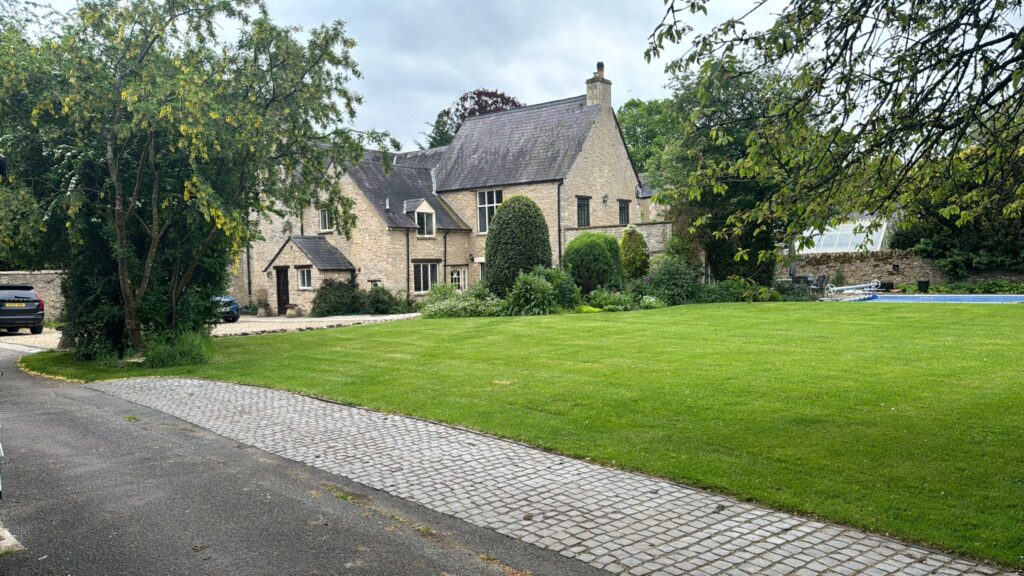What is a Biodiversity Net Gain Assessment in London?
Biological Diversity refers to the various living organisms that can be found in a specific area of land. This can includes everything from animals, plants, insects to bacteria and fungi. The Biodiversity Net Gain initiative has been designed as a method of contributing to the recovery of nature. It came about following the release of the State of Nature report which stated that there has been a decline of 13% in the average wildlife throughout the UK, since the 70s. Therefore Biodiversity Net Gain has been put in place to ensure that the habitat for wildlife is left in a better state than it was before development..
Why are Biodiversity Net Gain Assessments Required?
Biodiversity Net Gain Assessments are now the new standardised method to ensure overall biodiversity enhancements during new developments. Therefore if you’re applying for planning permission you will need a Biodiversity net gain assessment in London. This ensures the enhancement of existing biodiversity on-site by creating new habitat that aims to surpass pre-development biodiversity levels demonstrating a 10% ‘net gain’.
Anyone looking to develop now needs to ensure that they cater for a biodiversity net gain assessment in their planning application. Property developers must try to avoid any loss of habitat on land that they plan to develop. If this is not possible, developers must attempt to create new habitat either on the site they are developing or in an alternative location off site. If a property developer cannot create a new habitat, they will have the option to buy statutory credits from the government. However, they must provide evidence in order to use this option and it must be a last resort.

Does it matter what size my development is?
BNGs became mandatory for both major and small developments from the 2nd of April 2024.
As defined by the Land Use Policy team, major developments include:
– Residential developments that include 10 or more dwellings.
– Developments where the site area is greater than 0.5 hectares.
A small site development has been defined as:
– Residential developments consisting of 1 – 9 dwellings.
– Residential developments where the site area if less than 0.5 hectares.
– Commercial developments where the floor space that is being created is less than 1000 square metres.
– Commercial developments where the total site area is less than 1 hectare.
Biodiversity Net Gain assessments in London will be required for nearly all new applications for planning permission, however there are some exclusions.
Contact Us to Book your Biodiversity Net Gain Assessment in London
ProHort Ltd would love to assist you with your Biodiversity Net Gain Assessment in London. Contact us today on 01782 479 479 or alternatively you can complete our online contact form.
Exclusions for Biodiversity Net Gain Assessments in London:
Exclusions include:
– Requests for retrospective planning permission.
– Planning applications submitted prior to the 12th February 2024.
– Any applications to vary a planning condition on planning permission granted before the 12th February.
– Development works that do not impact a priority habitat and impacts less than 25 square metres of non-priority habitat. Alternatively, the development works should not impact more than 5 metres of non-priority linear habitat.
– The development of an existing property, except to change its use or change the number of dwellings within the property.
– Small scale self-build projects that consist of no more than 9 dwellings, are carried out on a site which is no larger than 0.5 hectares and consist exclusively of dwellings that are self-built.
– Development upon biodiversity gain sites, which are designed solely to enhance the biodiversity on behalf of other development sites, or provide access to the public for educational or recreational purposes without charging a fee.
– Development which is part of or ancillary to the High-Speed Transport Network.

